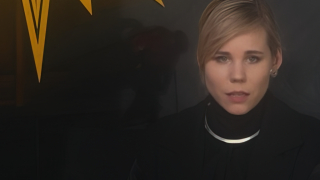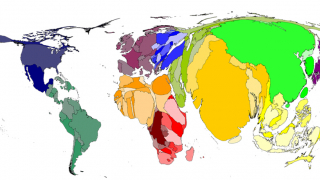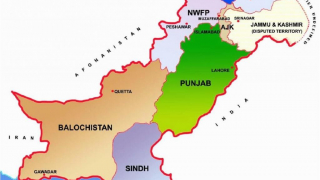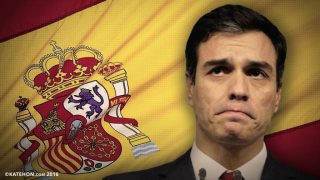"Le moment populist", part 5. There`s no "shifting to the right"
Boulevard Voltaire introduces its readers to a recent book that the editorial team appreciated. Every day, a new extract is published. Le Moment populiste. Droite-gauche, c’est fini!, by Alain de Benoist.
By deceiving the people, by working for the destruction of everything it was attached to, by allying itself with the predators of market society, by putting on a show of autism, indecency, and corruption in turn, the left has cut itself off from the popular classes and thrown them into the arms of populist movements who pretended they would really speak in their name. Jean-Claude Michéa was correct when he wrote “it's not so much in the moral darkness of a part of the popular classes (or in their “lack of instruction”) that we must search for the real reasons of the rise of the “extreme right.” Instead, conversely, it's in the reaction of indignation of these classes towards a political and intellectual movement that advocates destroying (at they have the firm conviction, at least in their eyes) all the moral virtues and traditions to which they are attached, in the name of “science”, “modernity” and the “natural” evolution of mores – starting with, as Orwell underlines, their religious faith, their sense of personal effort, and their patriotism.”
Between the legislative elections of 1978 and the presidential election of 2002, the percentage of working class and white collar employees who voted for the left fell in a revealing fashion from 27% to 15%. The last elections revealed that nearly 50% of workers today vote for the Front National. That doesn't mean workers constitute a majority of the FN's electorate (they only represent about 13%), but that this party is over-represented in the world of labor, which doubtlessly contributes to discredit it among the elites. […] Also recall that in the referendum on the project of the European constitutional treaty, 60% of the youth, 80% of the working class, and 60% of white collar workers, a majority of wage earners, voted “no,” the “yes” ultimately had a majority only in the haute bourgeoisie, among the upper classes, people out of the workforce, and retirees. […]
To speak of “shifting to the right” would only be a lazy way of interpreting such an evolution. It is evident that left and right no longer mean anything at a moment where the most prevalent opinion is that all the major parties, on the left and the right, say more or less the same thing – and only compete, at best, regarding the means to implement the same policies. In reality, the left-right divide no longer has any operational value to analyze new political phenomena, starting with the rise of populism. The proof is in the programs of the populist parties that frequently link themes of the left and themes of the right. In Greece, Alexis Tsipras, boss of Syriza, preferred to form his own government by allying the with a souverainiste party classified as right wing, the Independent Greeks (ANEL), rather than with the groupings of the traditional left, starting with Pasok. In France, one even saw the economist Jacques Sapir plead for an alliance between the Front National and the Front de gauche. It is also remarkable that in Great Britain, the leadership of the two major parties, conservative and labor, was favorable to Remain, which signifies that “Brexit” won by gathering votes from the supporters of both parties. In the United States, where the right-left dyad was hardly superimposable onto the Republican – Democrat pairing already, one likewise saw “neocon” personalities from the Republican party, not least (Paul Wolfowitz, Robert Kagan, Brent Scowcroft, Richard Armitage, James Kirchik, Max Boot, Bret Stephens, etc.), announce that they would vote for Hillary Clinton, qualified as a “true conservative” on the occasion, the only one capable of resisting “systemic change.”
Source: Boulevard Voltaire














